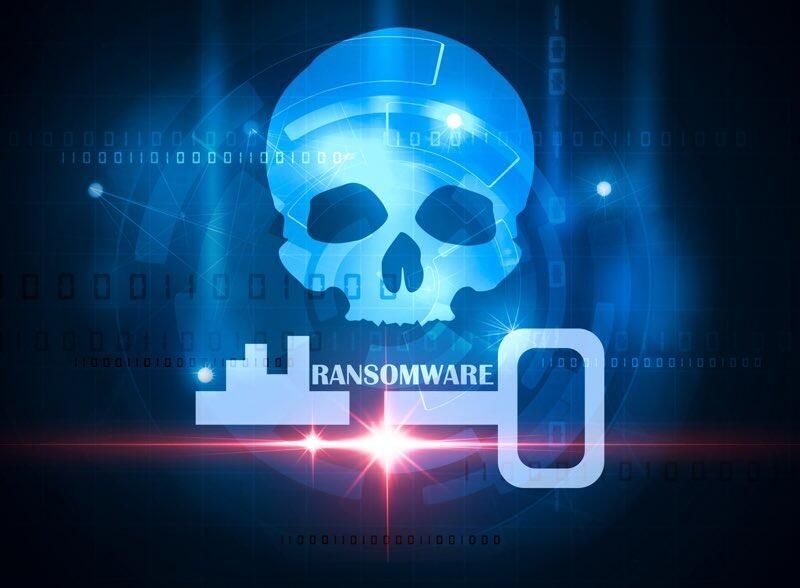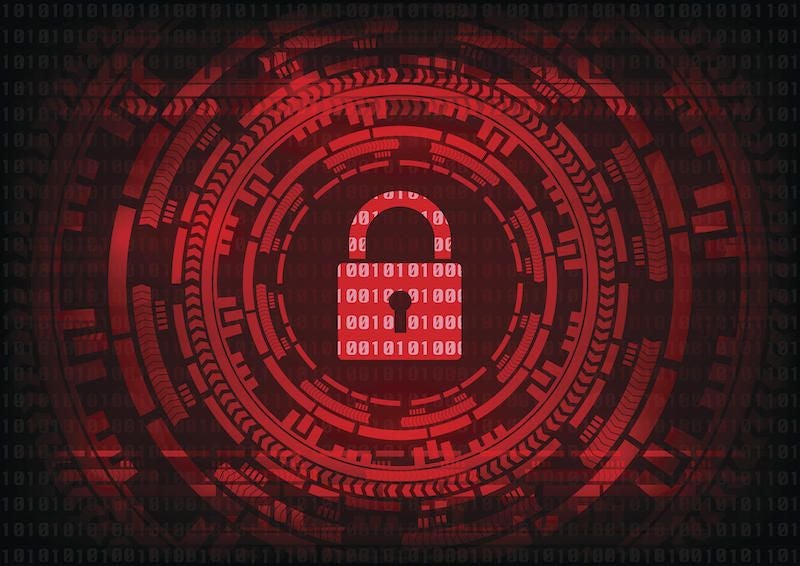
IT Policies
SecurityAbnormal Security: Microsoft Tops List of Most-Impersonated Brands in Phishing Exploits
A new study found that 4.31% of phishing attacks mimicked Microsoft, far ahead of the second most-spoofed brand PayPal.

A new study found that 4.31% of phishing attacks mimicked Microsoft, far ahead of the second most-spoofed brand PayPal.

A new study by Critical Insight shows that cybersecurity attacks in the health care sector are hitting more individuals and finding vulnerabilities in third-party partners.

Splunk’s third annual observability report shows how a comprehensive view of systems lowers costs, cuts downtime and reduces security risks.

Sephora will have to pay $1.2 million in penalties, inform California customers it sells their personal data and offer them ways to opt out.

Analyzing over 100 prominent ransomware incidents, Barracuda found the top targeted sectors to be education, municipalities, healthcare, infrastructure and financial.

From BYOD and social media to ergonomics and encryption, TechRepublic Premium has dozens of ready-made, downloadable IT policy templates.

A year into the pandemic, 79% of security leaders expressed fears over the risks of staff working from home, says Cybersecurity Insiders.

Companies are at greater risk due to phishing attacks, password sharing, and unsecured personal devices, says SailPoint.

A new report from entertainment technology company FunCorp takes a hard look at the dramatic differences the COVID-19 crisis imposed on the enterprise, both good and bad.

Cybercriminals have adapted by exploiting improperly secured VPNs, cloud-based services, and business email, says Malwarebytes.

Isolation technology allows companies to keep employee browsers siloed in the cloud.

Make sure your systems are up to date and running smoothly to keep employees/clients ready for work in the new year.